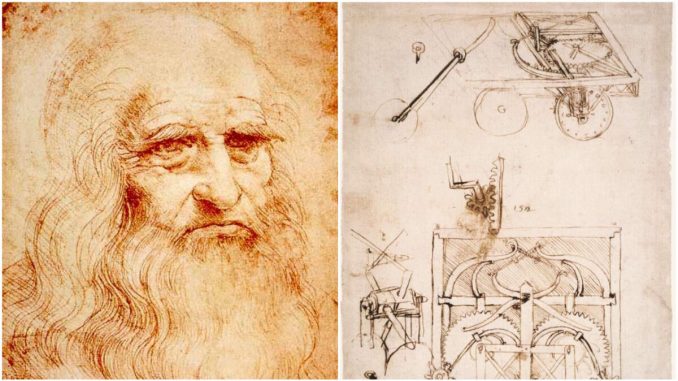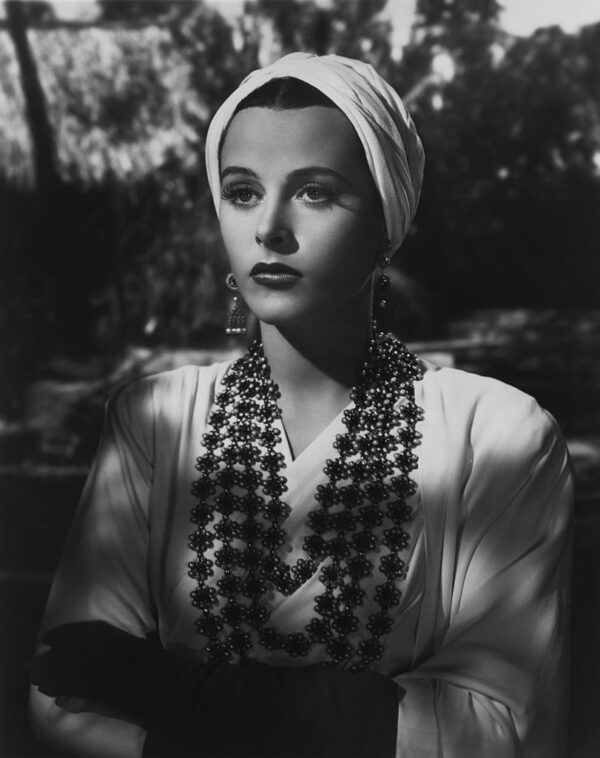
Some believe that our age of specialization has brought an end to the Renaissance man. In medicine, law, and other professions, practitioners now aim to develop their talents in a specific field of concentration, a shift that has occurred in my own lifetime.
My uncle, for example, was a family physician who practiced medicine in rural Pennsylvania and then in North Carolina for many years. In the first 15 years of his career, Uncle Russ delivered hundreds of babies and performed many minor surgeries. By the time he retired, he hadn’t done either of these medical procedures in several decades. The expansion of clinics and hospitals with specialized staff took over those duties.
So have people with wide-ranging knowledge and skills become extinct? Can our modern age still produce Renaissance men and women?
Let’s take a look and find out.
Models of Renaissance Men, Women
When we hear the term Renaissance man, our first thoughts might turn to Italy in the 15th and 16th centuries, to men such as Michelangelo or Leonardo da Vinci. Many of us who are vaguely familiar with da Vinci, for example, think of him as a painter, but he was also a scientist, an inventor, and an engineer.
In the story of our own country are figures who qualify as Renaissance men and women. In addition to giving us the Virginia Declaration of Rights and other writings pivotal in our history, Thomas Jefferson was a president, an amateur architect, a musician, an inventor, and an agronomist. His contemporary, Benjamin Franklin, was an inventor, a scientist, a diplomat, a writer, and the creator of American volunteer fire departments and public libraries.
Throughout history, various women have also won fame for their broad-ranging interests and a multitude of talents. Hildegard of Bingen (1098–1179) was not only an abbess, but a composer, playwright, poet, and botanist. The Austrian-born and later American actress Hedy Lamarr (1914–2000) was famous for her big-screen performances, but worked as well on aircraft design and radio guidance systems for torpedoes for Allied forces in World War II. In 2014, years after her death, Lamarr was inducted into the National Inventors Hall of Fame.

Unsung Talents
Not all of these multi-talented people belong to the past.
A college professor of mine, Henry Hood, was a brilliant historian. In the several classes I took with him, I never once saw him use notes. In addition, he was an amateur painter, a gardener, an aficionado of fine wines, and played the piano, bagpipes, and the harpsichord. Once, Dr. Hood told me, “When I come home after a day’s work, I practice on the harpsichord, read old books, and step back into the 18th century.”
In interviewing a woman recently for The Epoch Times, I discovered in passing that she wasn’t only a former banker and now a therapist, but also spoke fluent German, was a sure shot with a rifle, and loved opera, enjoyed kayaking, and had traveled and lived all around the United States.
The Rest of Us

When we look at such people, particularly the historical figures, we may feel intimidated by their accomplishments and their expertise in so many different areas. “I could never be a da Vinci or a Thomas Jefferson,” we tell ourselves, and in most cases, we’re probably right. There are people on this earth with such a magnitude of intelligence and drive that they cast their shadows over the accomplishments of the rest of us.
Yet most of us are not so one-dimensional as we may suppose. A neighbor of mine, for instance, a wife and mother of two daughters under the age of 5, is an excellent cook, a gardener who has learned much about plants this spring from an older woman, and the coach of a female college cross-country team. A young man I know in Asheville, North Carolina, is a successful attorney, an excellent businessman, and a loving husband and father who also teaches Sunday school classes for teenagers and helps his wife homeschool their children.
My point here is this: We may not be Leonardo da Vinci, but if we honestly assess ourselves and those around us, we find friends, family, and neighbors who are possessed of certain skills they themselves may not recognize as anything special. To describe them as Renaissance men and women may be a stretch, but they are ambitious amateurs who take pleasure and pride in their projects and hobbies.
Go for It
G.K. Chesterton offers some advice that I have loved since I first read it years ago: “Anything worth doing is worth doing badly.”
That retired dentist who once repaired your teeth follows Chesterton’s advice when he takes up carving wooden knights and ladies for his grandchildren, statues unworthy of a museum or art gallery, but which bring joy to him and the kids. The quiet young teller who handles your banking transactions goes home at night, picks up her guitar, and belts out folk and blues songs. She’ll never make a recording, but her music brings fullness and delight to her evenings.
Suppose you yourself have dreamed of some great undertaking, such as getting a pilot’s license, or something less costly, like learning to crochet or taking French classes at the local community college?
Well, what are you waiting for?
When we undertake such projects, from love or long desire, we can add such attainments to our repertoire of skills while at the same time finding deep fulfillment in their acquisition.
And by that pursuit, we can all become Renaissance men and women, on however small a scale.
Jeff Minick has four children and a growing platoon of grandchildren. For 20 years, he taught history, literature, and Latin to seminars of homeschooling students in Asheville, N.C. He is the author of two novels, “Amanda Bell” and “Dust On Their Wings,” and two works of non-fiction, “Learning As I Go” and “Movies Make The Man.” Today, he lives and writes in Front Royal, Va. See JeffMinick.com to follow his blog.





Be the first to comment